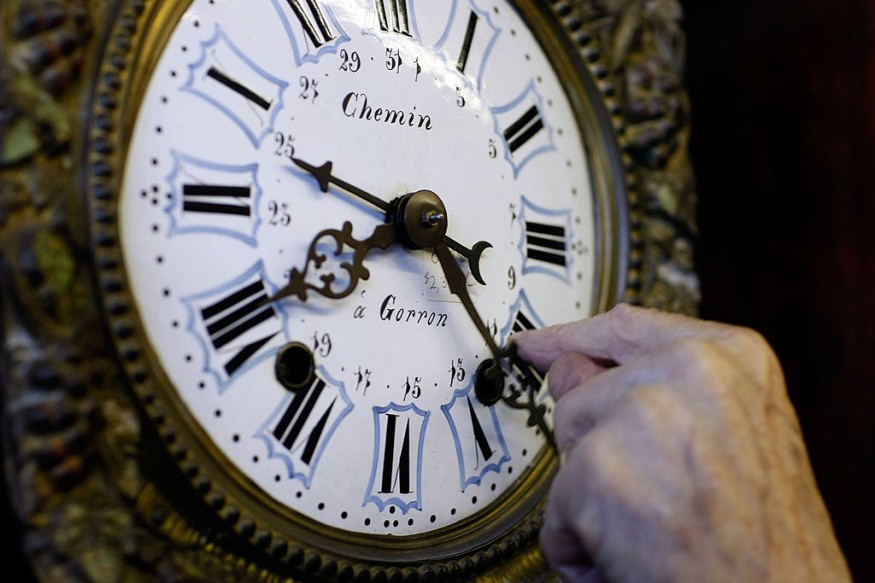In countries such as the United States, Australia, and New Zealand, clocks are changed twice every year in what is called daylight saving time (DST). However, experts from the American Academy of Sleep Medicine (AASM) said that the shift in time disrupts sleep schedules and has a negative effect on human health.

In 1975, the U.S. Department of Transportation measured that due DST saved up to 1% of electricity usage every day during the summer. Although energy was being saved, there was more and more evidence of the adverse effects of switching between standard time and daylight saving time.
This month, the AASM release a position statement in the Journal of Clinical Sleep Medicine stating the health consequences of DST. The institute is also in favor of canceling DST 'in favor of a fixed, national, year-round standard time' instead of nearly eight months of daylight savings.
Daylight Saving Time is Harmful to the Health
The statement also noted that DST increases the chances of developing cardiovascular disease, metabolic syndrome, mood disorders, motorcycle or car crashes, and other health and safety risks. Dr. Rafael Pelayo from the Stanford Sleep Medicine Center said that from a biological and sleep science perspective, changing clocks every year does not make sense.
Bodies take days to adjust to a new sleep schedule, typically five days said Pelayo. Even worse, nearly one-third of all Americans already lack proper sleep according to the US Centers for Disease Control and Prevention.
Lack of proper sleep has also been linked to brain health, type 2 diabetes, heart problems, asthma, and depression. Just like obesity, poor sleep has been declared a public health epidemic.
The AASM suggests that people should slowly shift their sleeping schedule before the government officially shifts daylight savings. Dr. Kannan Ramar, the president of AASM said, 'Following regular sleep hygiene measures during and around these time changes would mitigate some of the adverse effects.'
AASM believes that standard time is better for proper sleep cycles. Standard time will also help align the human circadian rhythm cycle or the 24-hour cycle that influences the body clock including sleeping and waking times.
Read Also: Short Nap vs Long Nap, What's Better?
Standard Time Versus DST
During DST, said Ramar, it's dark in the morning and bright until late in the evening where the sunset may be at 8 p.m. or 9 p.m. The best-case scenario is to wake up early and be exposed to morning sunlight then have more rest and relaxation during the evening when it's dark.
Hawaii, parts of Arizona, and some U.S. territories like Guam and Puerto Rico don't use to DST. If federal law allowed it, some states would prefer DST all year-round.
'There's no good reason to switch the clocks two times a year,' said Scott Yates, a supporter of the federal bill in favor of making daylight saving time permanent. 'Now that we know it's killing people, it's time to act.'
Read Also: Sleeping Problems in Early Childhood Affect Pre-Teen Behavior
Check out more news and information on Sleep on Science Times.
© 2026 ScienceTimes.com All rights reserved. Do not reproduce without permission. The window to the world of Science Times.












